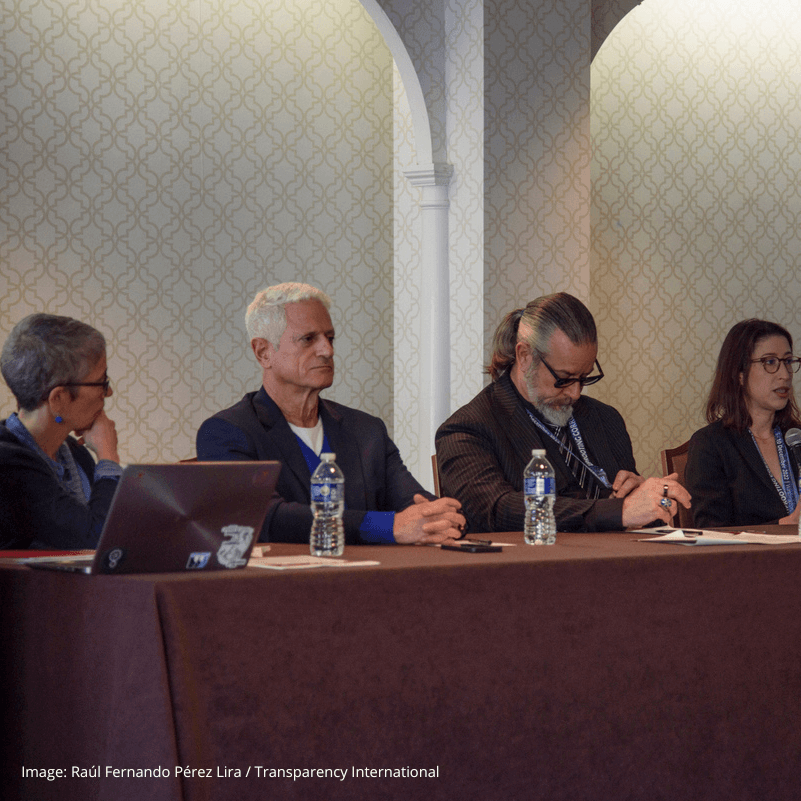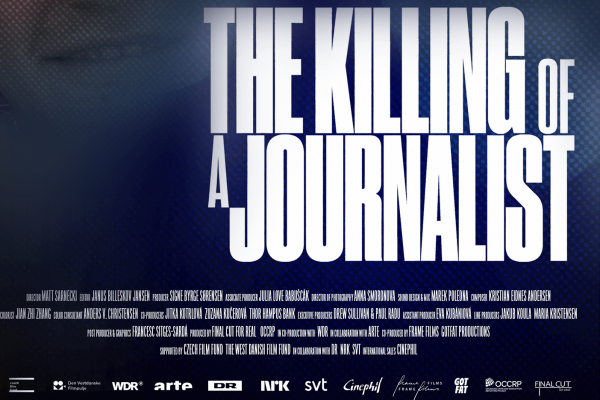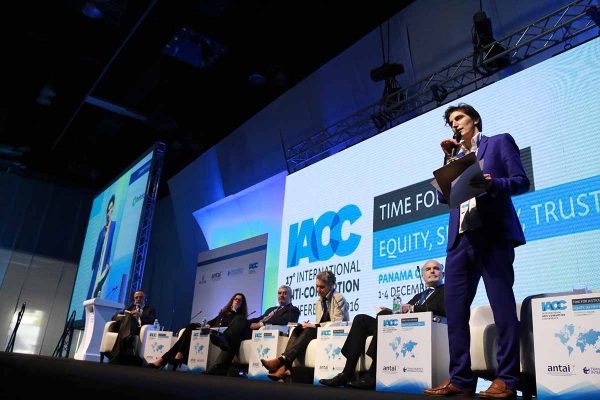Ask someone if they would choose to expose wrongdoing even if their career could be hurt as a result, and many people would give an emphatic “no.” Yet there are whistleblowers around the world who decide to speak out, including at the United Nations, a global body created to support international peace and security.
Whistleblowing – disclosing information about corruption or wrongdoing being committed in or by an organisation – is seen one of the most effective ways to detect and prevent corruption. But it’s often personally risky.
At the UN, an organization made up of 193 member states, a secretariat led by the secretary-general, and dozens of agencies and entities, whistleblowers have to battle an internal justice system that critics say perpetuates a culture of silence. Mark Polane, president of the United Nations Field Staff Union, says staff members of the UN are scared of reporting corruption because of possible retaliation.
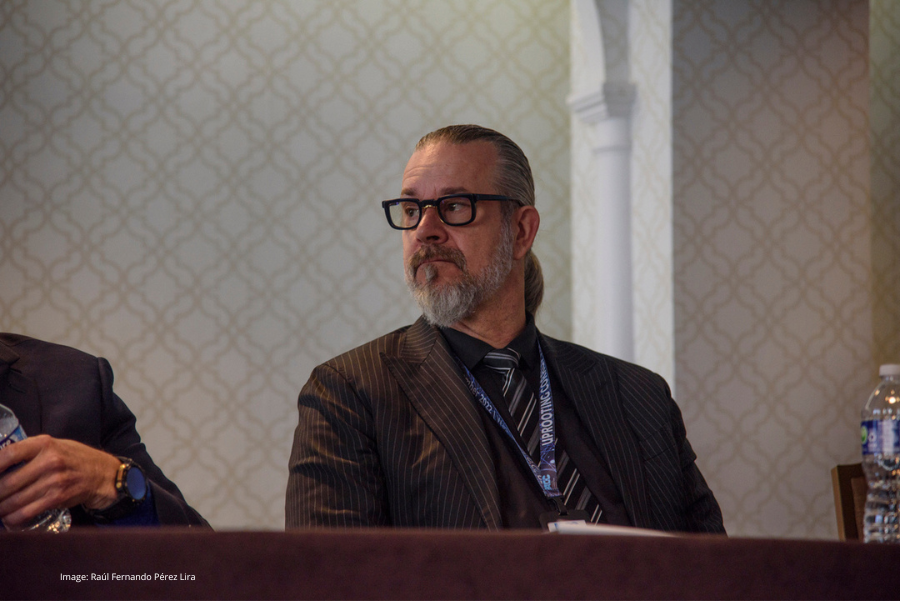
“It is very clear from various surveys that the UN carries out that staff don’t have trust in the system,” Polane said in a panel discussion titled “The United Nations Is Failing Whistleblowers: What Needs to Change,” at the 2022 International Anti-Corruption Conference (IACC), in Washington, in December. “Internally, a lot of things go unreported because the staff doesn’t feel confident that either something will be done or that they will be protected.”
The UN’s internal justice system has several impediments that make whistleblowing difficult. For instance, in the UN specialized agency that coordinates international air navigation and monitors global regulations, the International Civil Aviation Organization, whistleblowers who are employees can only be represented by a staffer or former staff member.
“That’s a problem, because how many people are going to be lawyers and how many people are going to be trained in the special area of law, and how many people will want to represent someone against their own employers,” said Samantha Feinstein, a staff attorney and director of the International Program at the Government Accountability Project, a nongovernmental organization in Washington.
James Wasserstrom, a former UN whistleblower at the center of a case in 2007 when he worked for the UN mission in Kosovo, said the problems with the organization’s internal justice system have existed for decades — including under the administrations of Secretaries-General Ban Ki-Moon, Kofi Annan, and now António Guterres — hence a need for an aggressive and deliberate effort to change the system.
“It’s the same,” Wasserstrom said. “This is a generational issue. My lawyer had an issue in addressing sexual harassment [that] happened under Javier Pérez de Cuéllar; there is the food [scandal] under Kofi Annan; we have my case and so many others under Ban Ki-Moon; and all the ones we saw last night were under Guterres.” (He was referring to a documentary screened at the conference, “The Whistleblowers: Inside the UN.”)
The organizational structure of the UN enables managers to have huge control over staffing decisions: hiring, recruitment, and promotion, said Aitor Arauz Chapman, president of the United Nations Staff Union, in New York City. “That in itself is an instant gag.”
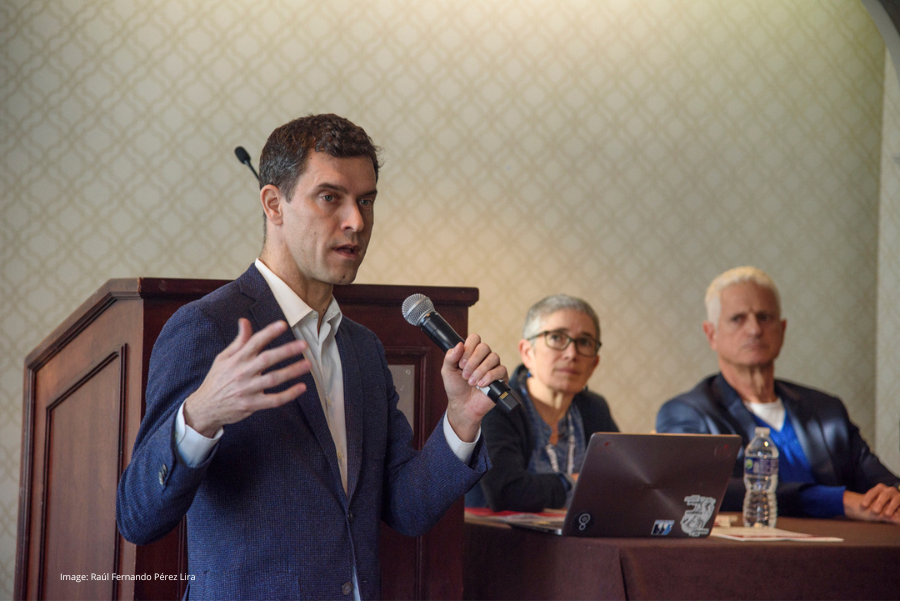
“Nobody will speak if they know the people they are reporting to have control over their careers,” he added. “That is one thing we are working very hard at the union to change. That control over people’s careers is the silent killer. People need to know that they work for the UN and if they report any manager, the UN will protect their career and their jobs, not their manager’s.”
All these barriers make the internal mechanism inaccessible for staffers who might want to report a crime — such as in Wasserstrom’s case — leaving them with public channels, although the UN allows its staff to explore such avenues as speaking out on social media or going to journalists directly only in limited circumstances.
“There are rules that say they cannot make disclosures to the public, and when they do they are violating that rule and have to make a defense that they qualify for this exception,” said Feinstein. “And the UN can still determine that they didn’t. So, it is very risky for whistleblowers to go public.”
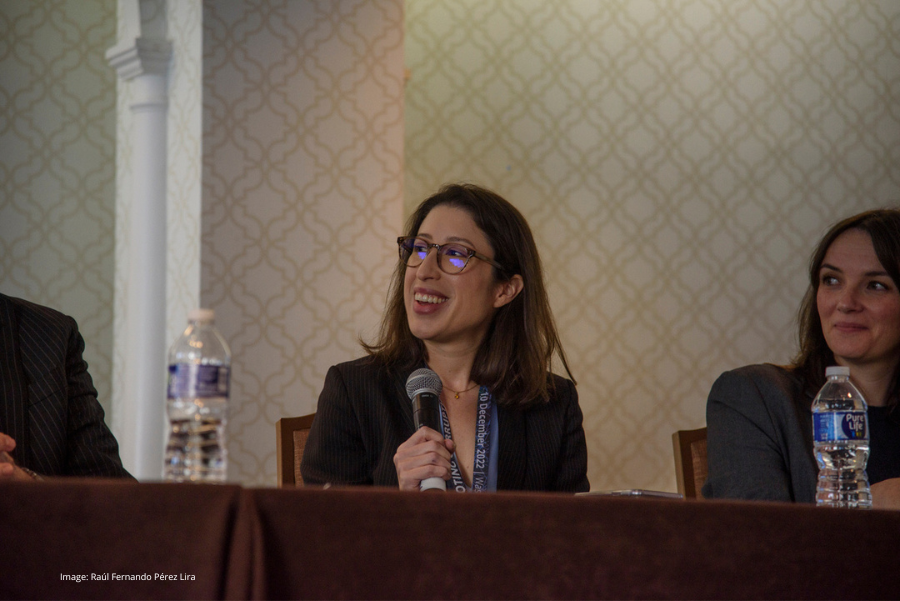 She added, however, that there is much that UN member states can do to ensure that the institution refines its internal mechanism and protects whistleblowers, including demanding an independent, due process procedure to protect such people.
She added, however, that there is much that UN member states can do to ensure that the institution refines its internal mechanism and protects whistleblowers, including demanding an independent, due process procedure to protect such people.
Another way to effect change, Wasserstrom said, is for the UN to hire experts to perform the oversight functions role in the General Assembly. “You cannot trust management to diplomats and politicians because their compasses are so twisted and they are not skilled in these areas,” he said. “So you need real organizational managers who know what they are doing. As long as these positions are staffed by diplomats and politicians, we are only going to get half measures, false choices, and false dilemmas.”
The independence of authorities in charge of investigating wrongdoing is also key to having an efficient system, said Marie Terracol, the whistleblower protection expert for Europe and Central Asia at Transparency International, the Berlin-based organization that sponsors the IACC. “Appointment at the ethics office is under the control of the secretary-general. Also the ones writing performance evaluations for the directors. This leaves them vulnerable to interference from the management.”
In a big public bureaucracy like the UN, changes can be difficult to make and take time, but Polane warned that silencing whistleblowers and covering up wrongdoing can have great consequences for the organization. When things get covered, it gets worse, he said.
“Having a gold whistleblower system can prevent these kinds of things from getting to a stage where it becomes such a big scandal,” he said.
The current UN Secretary-General António Guterres updated the UN Whistleblowing policy in 2017, which his office said was an attempt to “enhance protection for individuals who report possible misconduct or cooperate with duly authorized audits or investigations,” and which enhanced the protection from retaliation to whistleblowers who report wrongdoing committed not only by staff but also by contractors, non-UN peacekeepers.
